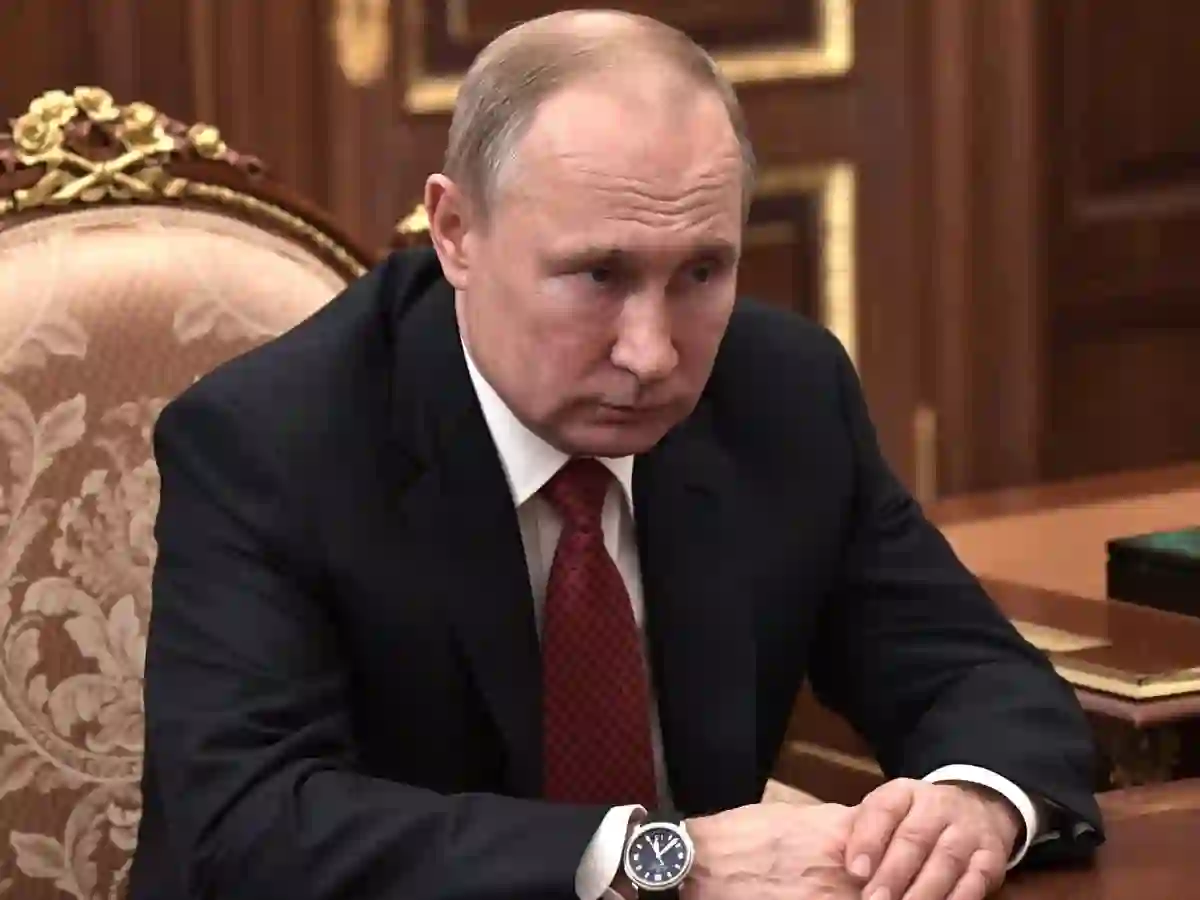In a week packed with geopolitical updates, Russian President Vladimir Putin has confirmed the mass production of a new missile system—and at the same time, he’s made it clear that Moscow is in no rush when it comes to peace talks with Ukraine.
Let’s break down what’s happening on both the military and diplomatic fronts.
Russia Begins Rolling Out the “Oreshnik” Missile System
Russia’s brand-new missile complex, dubbed the “Oreshnik”, is officially out of the prototype phase and into full-scale production.
According to state-run TASS news agency, Putin confirmed that this next-generation weapon has already been delivered to Russian military forces.
Putin first brought up the Oreshnik in late 2024, revealing that it had been used in a strike on an industrial site in Ukraine’s Dnipropetrovsk region.
He later praised its performance on the battlefield, saying it had “proven itself very well” under real combat conditions.
Moscow Touts Military Boost and NATO Deterrent
Yuri Shvytkin, a high-ranking official on the Defense Committee in Russia’s lower house of parliament, echoed Putin’s enthusiasm.
He claimed that producing the Oreshnik system at scale will significantly strengthen the country’s military edge—and also act as a warning to NATO.
While specifics about the missile’s technical capabilities remain under wraps, Russia’s message is clear: it’s not backing down.
Putin Takes a Measured Tone on Ukraine Negotiations
In a press briefing alongside Belarusian President Alexander Lukashenko, Putin struck a calm but calculated tone about the stalled Ukraine peace talks.
“If the Ukrainian leadership thinks now isn’t the right moment to negotiate, then we’re ready to wait,” Putin said.
He added that meaningful progress will only come through direct dialogue between Moscow and Kyiv—a process that, according to him, resumed in May 2025 and has been going “positively” since then.
Claims of Misinformation Around Deportations
Putin also took the opportunity to hit back at accusations coming from Kyiv regarding deported children.
He claimed Ukraine has exaggerated the numbers and accused Ukrainian authorities of moving children to Europe on purpose—so they wouldn’t end up getting Russian citizenship or reuniting with relatives in Russia.
The comment is part of a broader back-and-forth between the two nations over war-time narratives and humanitarian issues.
A Tense Web of Diplomatic Plans in the Works
On the diplomacy side, things are moving—but cautiously.
Turkish President Recep Tayyip Erdoğan is reportedly trying to set up a three-way summit in Istanbul involving Putin and U.S. President Donald Trump.
Meanwhile, Ukraine’s President Volodymyr Zelensky recently had a call with French President Emmanuel Macron, exploring the idea of a sit-down with Putin sometime in August.
Zelensky insists that European leaders be present if that happens.
However, the Kremlin isn’t promising anything soon.
Putin’s spokesperson, Dmitry Peskov, made it clear that such a high-stakes summit is unlikely before the end of August—and even then, it should only happen once both sides are close to a final peace agreement.
What’s the Outlook?
With the Oreshnik missile now officially in Russia’s arsenal and negotiations hanging in the balance, the situation feels like it’s inching toward a possible turning point—but slowly.
Putin’s message is consistent: Moscow feels it has the upper hand militarily, but it’s still open to dialogue—on its own terms and timeline.
Would you like a follow-up on global reactions or an explainer on the Oreshnik missile’s potential capabilities?
